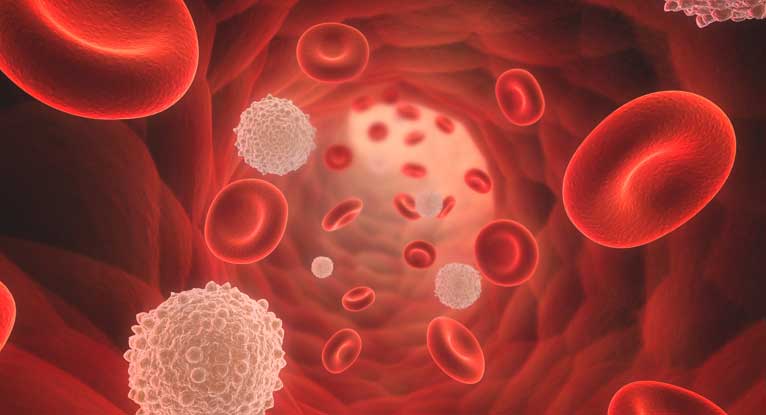Thrombocytopenia
in a hemodialysis patient can be from multiple reasons

The
top reasons we encounter are:
Medications
Medications
Medications
The most common is heparin and HIT.
Medications
Medications
The most common is heparin and HIT.
A
nice review of HIT in the renal patient is here
The
other causes can be related to other medical illness not ESRD related. An
important but rare cause that can be associated with dialysis associated with
thrombocytopenia is a dialyzer reaction. A large
systemic evaluation done in Canada suggested that the prevalence of
thrombocytopenia associated with dialysis was due to the use of electron beam
dialyzers( optiflux) rather than irradiated sterilized dialyzers (
others). This suggests a relationship of
use of the dialyzer sterilization technique causing this. Exposure to e-beam radiation may change
membrane integrity, structure, or physical properties of the dialyzer and could
plausibly lead to platelet activation, aggregation, or adsorption and
subsequent thrombocytopenia. E-beam sterilization has become a popular method
of membrane sterilization recently, because it potentially allows a more
focused and precisely delivered dose of sterilization toward the dialyzer
membrane. A case report in AJKD had highlighted
low platelets as a side effect of dialyzer reaction. Certain membranes due to
the many types of hydroxyl groups contained can lead to an active complement
system( the older dialyzers). The degree
of complement activation determines the biocompatibility of the membrane. A
prior post in RFN also had discussed this phenomenon.
This
review from Hemodialysis International is a great one for all to review.
If
the patient is inpatient, we might notice that the day after dialysis the
platelets drop from 150 to 50 perhaps and then rebound and then again the drop
happens on the next set of labs. It is very likely that we are missing this phenomenon
on the outpatient and there is ongoing endothelial damage happening chronically
due to some of these membranes. We only
check monthly labs in US. A true
incidence of this phenomenon is hard to determine.

No comments:
Post a Comment